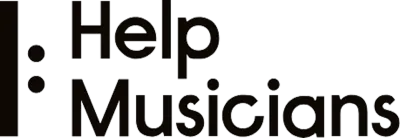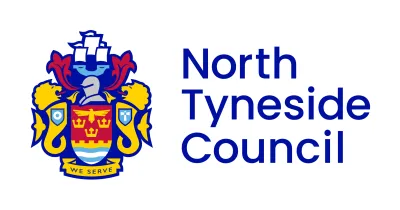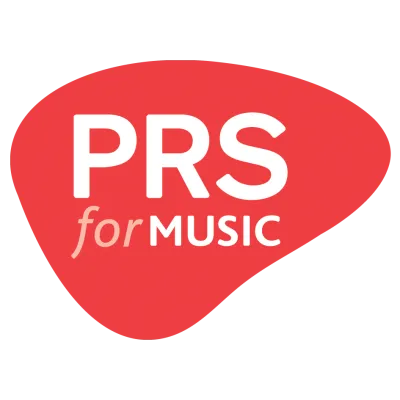We’re building something bold
A new Generator is coming - one that reflects our impact, ambition, and the raw creative energy of the North.
We can’t wait to show you what’s next.
From Grassroots scenes to global stages, Generator is driving cultural and creative change across the North
Generator is the North’s leading music development agency. Since 1991, we’ve been breaking barriers, building careers, and pushing boundaries.
We don’t just talk about the future - we create it.
We give talent, creative entrepreneurs and industry professionals the tools, connections and platforms they need to grow and thrive. Whether it’s developing artists, backing startups or opening doors to global opportunities, Generator turns ambition into action.

Our Work
Our programmes, partnerships and community projects champion innovation, strengthen the creative economy, and ensure the North leads the way in music, culture and creativity.
We develop talent, grow networks, and create space for new voices - helping Northern artists, entrepreneurs and communities thrive in a rapidly changing creative landscape.
Because the creative North shouldn’t just be part of the conversation - it should be leading it.

We collaborate with the best to deliver real results.
From global brands to grassroots changemakers, our work is powered by partnerships. Together, we amplify Northern voices and make big things happen.
We’re here to put the North of England on the global map. Empowering talent, communities and businesses to shape the future of music, culture and creativity.
Get in touch
Want to work with us to change the future?
We’re always open to new collaborations and conversations.
Looking for support?
We’re currently building a new website with full details on all our programmes.
In the meantime, get in touch with our team and we’ll make sure you’re supported.
Music Industry Advice
Access free advice and support from music industry experts with our Music Industry Advice Sessions.
Whether you’re an artist or a music professional, these sessions are the perfect starting point to discover your next steps. Meet one-to-one with our Music Industry Advisory Group, made up of industry titans from across the UK and the North.
Apply for a Music Industry Advice Session here















